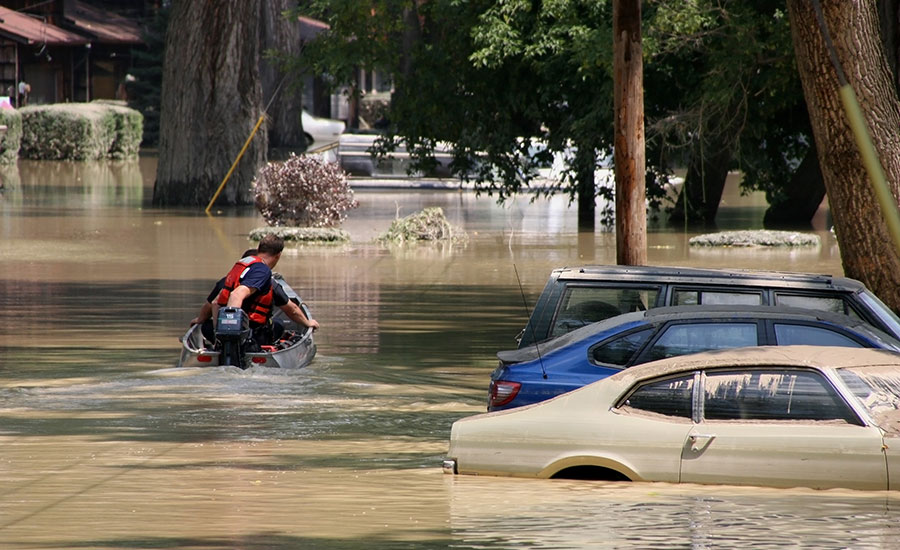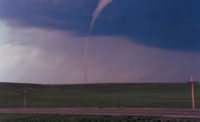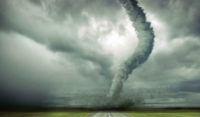Forty-two percent of Americans don't have an evacuation plan in the event of severe weather and only 19 percent have a family meet-up plan, says a new survey.
The study, which was fielded by The Weather Company, an IBM Business, also says that nearly 40 percent of Americans have experienced severe weather that damaged their homes or made them evacuate, with one in five happening in the last five years. While weather is universal, how people react to it can be very personal. In addition, says the study,
- Americans are most likely to heed local government's warning if told to evacuate (50 percent very likely), more so than family (44 percent ) or close friends (34 percent).
- When Americans choose not to evacuate, 23 percent say the main reason they would stay is because they don't believe evacuation would be necessary and that they could ride out the storm. Others would stay home to care for family members (19 percent) or pets (20 percent). It found that 31 percent of respondents say they would always evacuate.
- About 15 percent of respondents have a preparedness kit packed. About half of respondents do not have a preparedness kit, but say they have essential items in mind if an emergency arises.
The study also notes that Americans turn to their devices when storms are looming, with 62 percent who watch TV or streaming services during a storm, with Gen X at 67 percent, and Boomers at 59 percent. About half of Americans spend their time browsing the Internet during a storm.
It also found that local TV news is still a trusted source for weather updates.
- Local broadcast TV is still a go-to source among older viewers: 61 percent of Boomers rely on traditional TV for updates, outpacing 39% of Millennials and 31 percent of Gen Z respondents who turn to local broadcast for their weather news.
- 60 percent of Millennials and 61 percent of Gen X use smartphone apps for weather information, along with 57 percent of Boomers and 50 percent of Gen Z.
- More than half of respondents check their phones three or more times per day for timely updates during severe weather events.
"El Niño conditions are expected to continue throughout the North Atlantic hurricane season, which will enable an atmospheric pattern that is not conducive for increased tropical development," said Dr. Todd Crawford, chief meteorologist for The Weather Company. "Alternatively, the North Atlantic Ocean temperatures are warmer-than-normal, which tends to produce above normal activity levels. The combination of El Niño conditions and warm Atlantic waters suggest a near-normal season that is similar to last year. Much like the 2017 weather pattern that produced Hurricane Florence and Hurricane Michael, there is still the potential for intense tropical cyclones in 2019."


